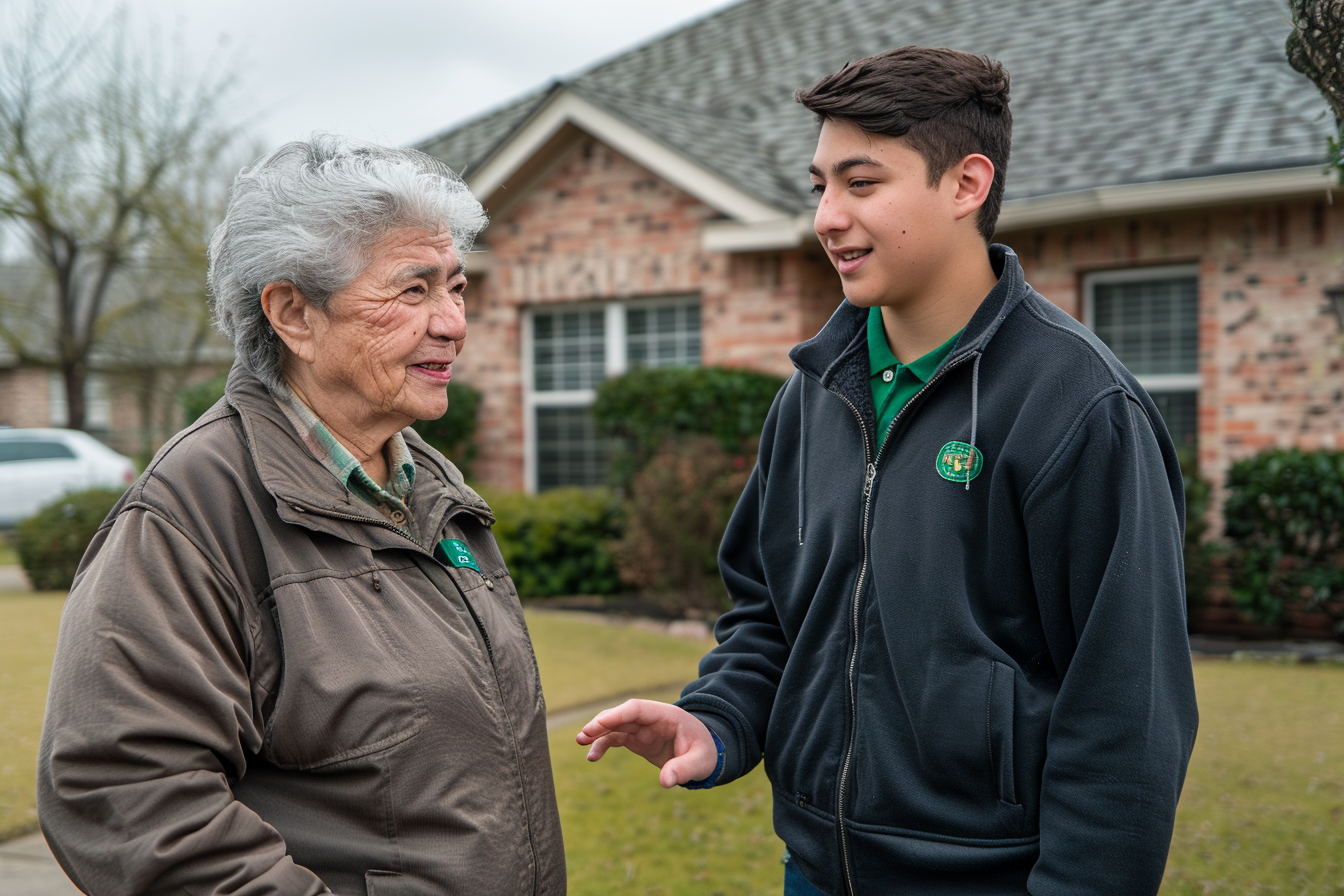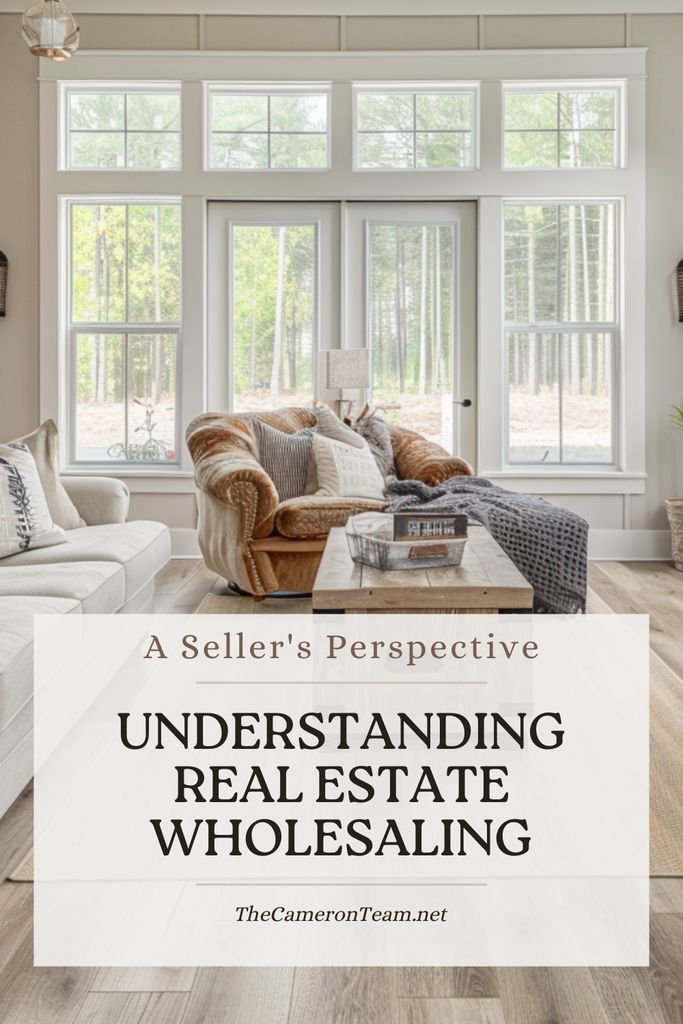Real estate wholesaling might sound like industry jargon, but it’s a simple concept once you break it down. Essentially, it involves a wholesaler finding a property (yours, in this case), agreeing on a sale price with you, and then finding an investor to buy the property at a higher price. The wholesaler’s profit is the difference between these two prices. They never actually own the property; they’re essentially facilitating a deal between you and the end buyer.
How Can Wholesaling Affect Your Sale?
- Quick Offers: Wholesalers typically look for deals they can turn around quickly. If you’re in a hurry to sell, a wholesaler might be able to make you an offer faster than you’d find on the traditional market.
- As-Is Condition: Wholesalers and their investors often buy homes “as-is.” This means you might not need to make any repairs or improvements before selling, which can save you time and money.
- Understanding the Contract: A key aspect for sellers is the contract. Wholesalers use a contract that allows them to assign their purchasing rights to another buyer. It’s crucial to understand this document and its implications for your sale.
- Closing Times: While offers from wholesalers can come quickly, the actual closing time depends on their ability to find an end buyer. This can be fast or take some time, influencing your timeline for selling.
Pros and Cons for Sellers
Pros:
- Speed: If you’re looking for a quick sale, wholesalers can often move faster than traditional buyers.
- Convenience: Selling “as-is” means less hassle for you in terms of home preparations and repairs.
- Potential for a quick closing: Depending on the wholesaler’s network, you might find yourself at closing sooner than expected.
Cons:
- Lower Offers: Wholesalers look to make a profit, so their offers might be lower than what you could get on the open market.
- Uncertainty: The deal hinges on the wholesaler finding an end buyer. If they can’t, the deal might fall through.
- Lack of Control: Once you agree to a contract with a wholesaler, much of the sales process is out of your hands.
FAQs for Home Sellers Considering Wholesaling
-
Is selling to a wholesaler safe?
- Selling to a wholesaler can be safe if you do your homework. Ensure you’re working with a reputable individual or company and fully understand the contract before signing.
-
How do I know if a wholesaler’s offer is fair?
- Compare their offer to your home’s estimated market value and consider the costs you’re saving on repairs and time. Consulting with a real estate professional can also provide valuable insight.
-
Can I negotiate with wholesalers?
- Absolutely. Like any real estate deal, everything is negotiable. If you’re not happy with the initial offer, don’t be afraid to negotiate.
Wrapping It Up
For home sellers, understanding real estate wholesaling can be a game-changer. It offers a path to a quick, convenient sale, but it’s not without its challenges. By being informed and cautious, you can navigate these waters successfully and make the best decision for your situation. Whether you decide to work with a wholesaler or take a different route, knowledge is your best asset. Happy selling!
Interesting External Links:
- National Association of Realtors: For insights and advice on selling your home.
- Investopedia Real Estate Wholesaling: A deeper dive into the mechanics of real estate wholesaling.
Selling your home is a significant step, and understanding all your options, including wholesaling, can empower you to make the right decisions. Here’s to a successful sale that meets all your needs and expectations!





